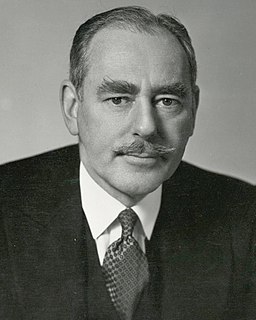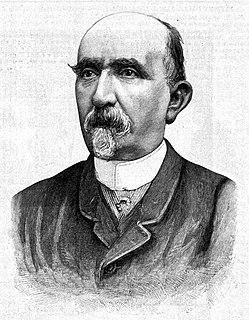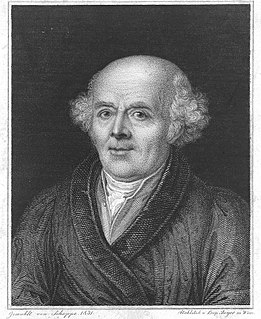A Quote by Margaret Mitchell
[T]he merciful adjustment which nature makes when what cannot be cured must be endured.
Related Quotes
Time, which measures everything in our idea, and is often deficient to our schemes, is to nature endless and as nothing; it cannot limit that by which alone it had existence; and as the natural course of time, which to us seems infinite, cannot be bounded by any operation that may have an end, the progress of things upon this globe, that is, the course of nature, cannot be limited by time, which must proceed in a continual succession.
Again, if the world is destroyed, it must needs either be destroyed according to nature or against nature. Against nature is impossible, for that which is against nature is not stronger than nature. If according to nature, there must be another nature which changes the nature of the world: which does not appear.
You must not say that this cannot be, or that that is contrary to nature. You do not know what Nature is, or what she can do; and nobody knows; not even Sir Roderick Murchison, or Professor Huxley, or Mr. Darwin, or Professor Faraday, or Mr. Grove, or any other of the great men whom good boys are taught to respect. They are very wise men; and you must listen respectfully to all they say: but even if they should say, which I am sure they never would, 'That cannot exist. That is contrary to nature,' you must wait a little, and see; for perhaps even they may be wrong.
The orthodox school has witnessed for centuries that nature itself has never once cured any existing disease with another dissimilar one, however intense. What must we think of this school, which nevertheless has continued to treat chronic diseases allopathically, with medicines and formulas that can only cause a disease condition -God knows which -dissimilar to the one being treated? Even if these physicians have not hitherto observed nature attentively enough, the miserable results of their treatment should have taught them that they were on the wrong road.
There are people who, when they encounter inability to understand, do not ask the Lord. But one must immediately say, "Lord, I am a sinful man and I don't understand as I should. But give me understanding, merciful One, as to how I must proceed." And the merciful Lord then inspires them as to what to do and what not to do.





































